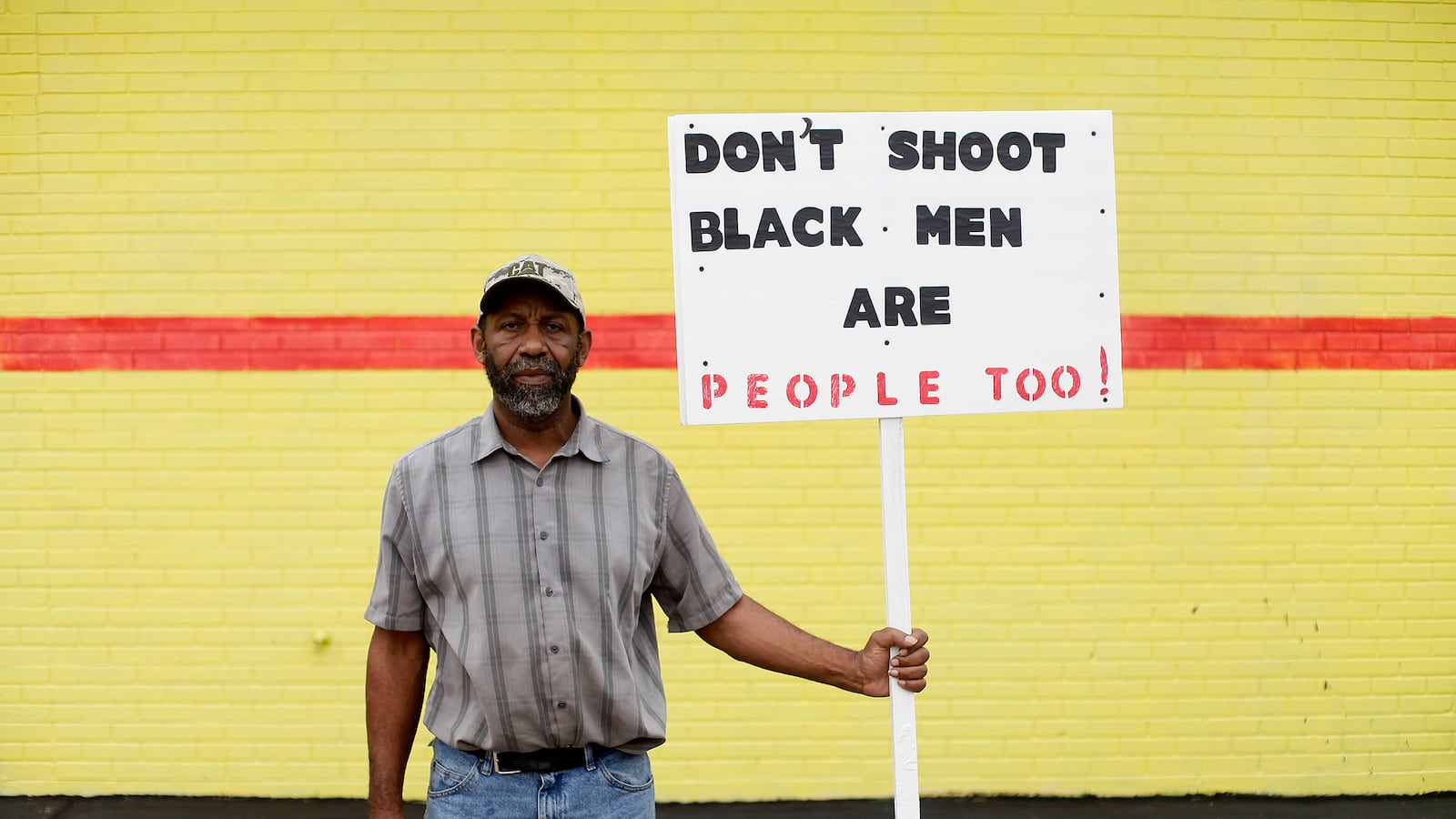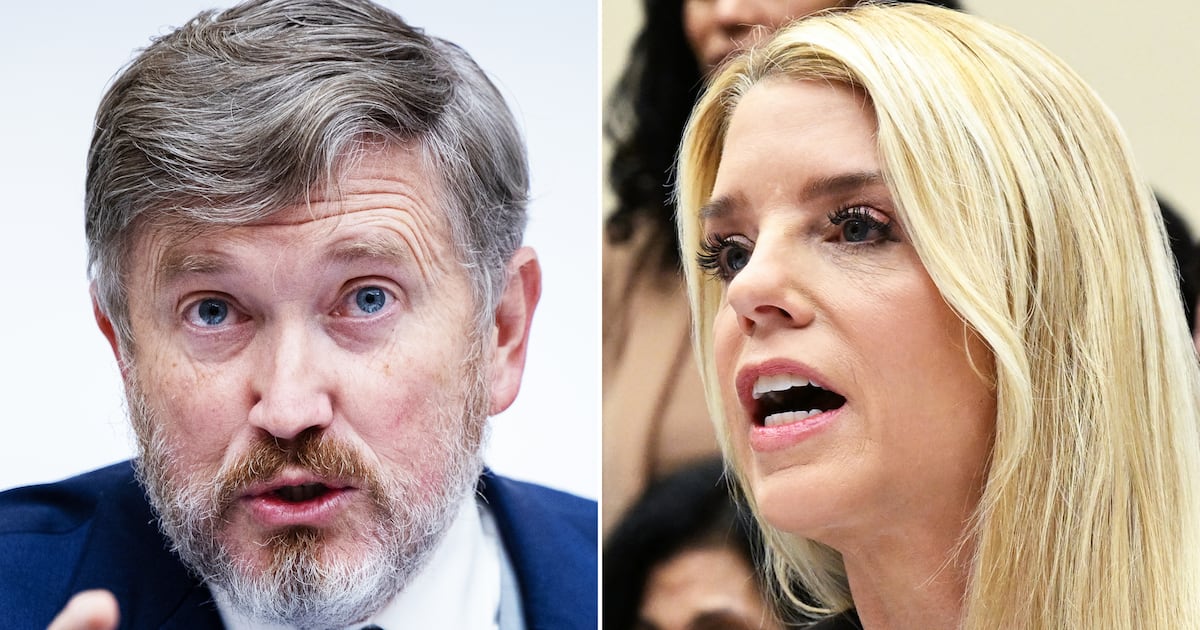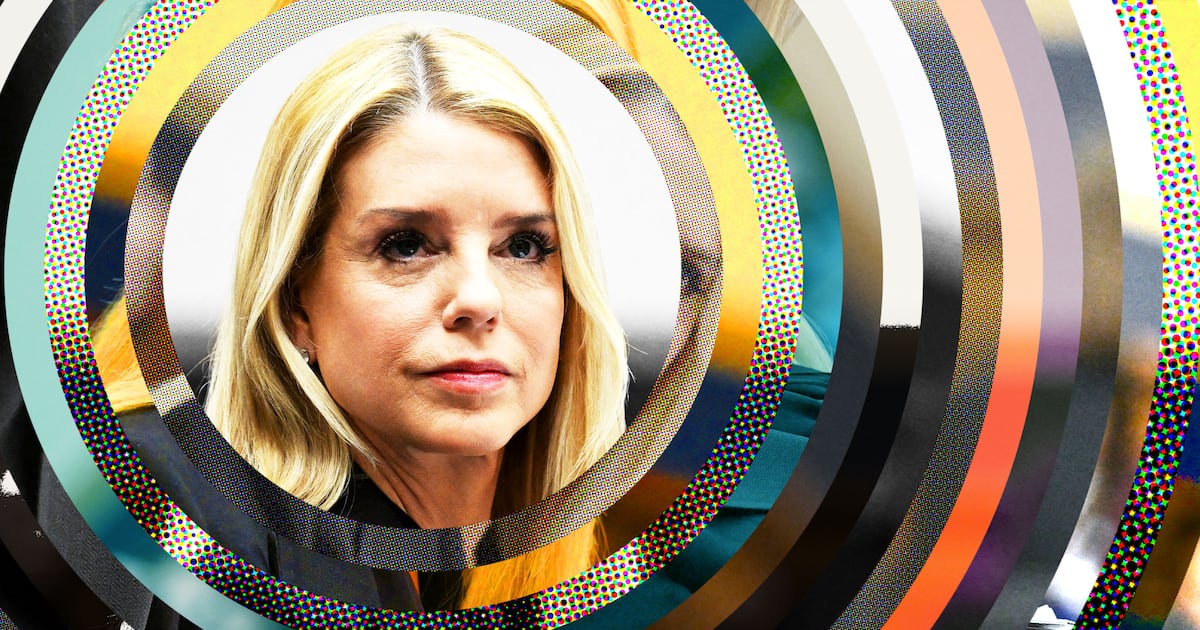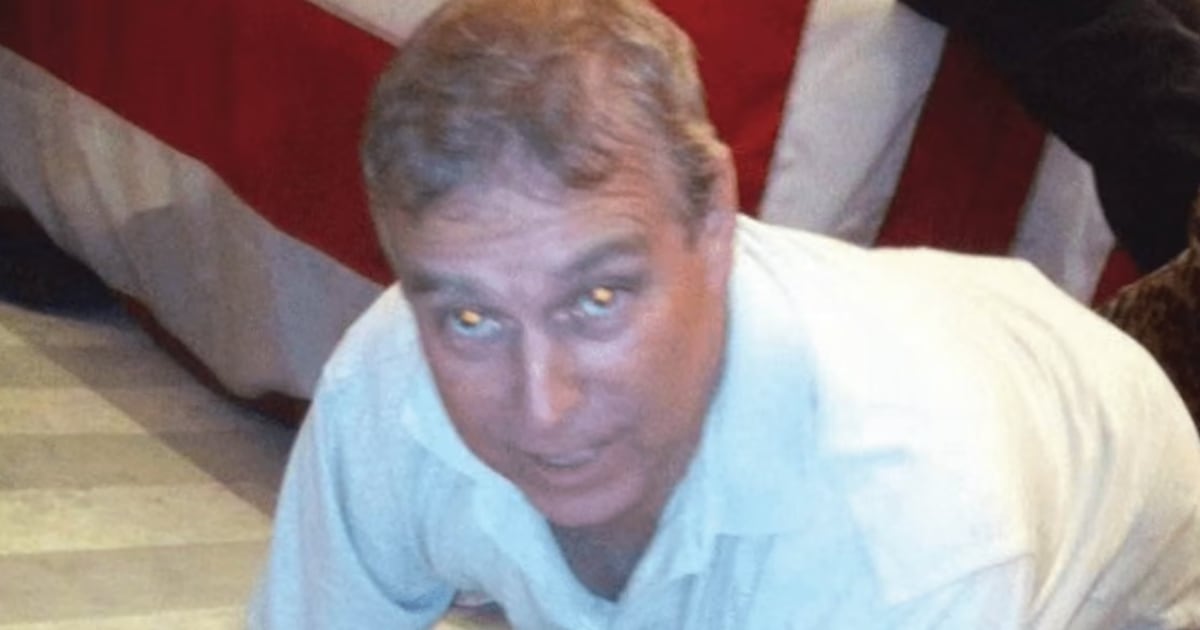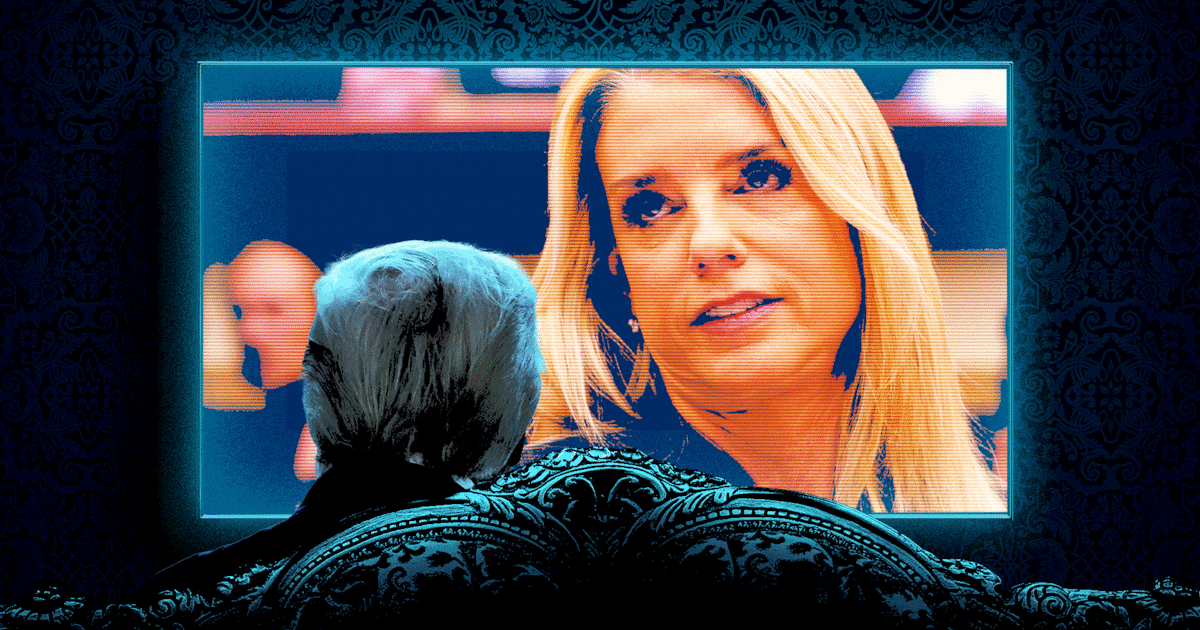So now, a grand jury sits in St. Louis County, taking testimony and parsing evidence. Yesterday we learned the racial makeup of that grand jury: nine whites, and three blacks. Which raises the obvious question: Can whites empathize with Michael Brown and the larger grievances Ferguson’s black community has with police? And can America more broadly value the experiences and concerns of black America enough to address them rather than dismiss them?
Arguably, many white people’s systematic inability to validate the experience of black America, let alone empathize, is in and of itself a profound version of racial bias. According to a poll released this week by Pew’s Center for People and the Press, 80 percent of black Americans think the shooting of an unarmed African American teenager in Ferguson “raises important issues about race.” Yet only 37 percent of white Americans agreed with the same sentiment; more whites (47 percent) think “race is getting more attention than it deserves.”
Study after study after study shows often-unconscious but not the less persistent racial discrimination in policing and hiring and education and banking more. But even there… look what I did, I cited research as though it were necessary to validate the lived experience of black people. Somehow black person after black person reporting how they’re constantly stopped by police for doing nothing, or followed around in shopping malls, this overwhelming mountain of anecdotal information, has not convinced most of white America that racial bias remains a problem. But in the face of white America burying its collective head in the sand, even research data don’t help — in fact, a recent study showed that presenting white people with data about racial disparities in our criminal justice system actually makes them less inclined to support reform.
What the hell is black America supposed to do to get white America’s attention? Shout from the rooftops? White America would probably just dismiss that as rioting.
In fact, forget empathizing with black experience; many white Americans don’t even trust black folks to report facts. During the protests in Ferguson on Tuesday night, August 19, although the mainstream media was reporting calm in the city, Elon James White tweeted he was part of a group of eight people who simply turned a corner in a residential neighborhood and were gassed by police. He was promptly attacked on social media as a liar.
Empathy isn’t about your own experience, but honoring and valuing someone else’s experience, especially when it’s different from your own. But studies show white people simply have less empathy for black people. For instance, in one study, white subjects were shown videos of people being stuck with a needle. The subjects’ brains and body chemistry were monitored for what researchers have identified as the tell-tale signs of empathy. And when the white subjects watched white people being stuck with a needle, they responded with more empathy than when they saw black people being hurt. Another study corroborated this — asked how much something would hurt someone else (for instance, stubbing a toe), subjects consistently responded that hypothetical black people would feel less pain than hypothetical whites.
Emergency room doctors are more likely to take white patients seriously when they complain of pain and proscribe stronger pain-relieving medications. And when white students were asked to play jurors for a hypothetical criminal case in which the facts remained exactly the same but only the race of the defendants varied, the students not only sentenced the black defendants more harshly, but tests showed the students felt more empathy for the white defendants.
USA Today examined FBI data and found that nearly two times a week, every week for the seven years between 2005 and 2012, a white police officer killed a black person. Imagine if the opposite were true. Imagine if every single week, twice a week, white men and women all across America were being shot and killed by black police officers, it would be a national crisis.
President Obama once said, “There are very few African-American men in this country who haven’t had the experience of being followed when they were shopping in a department store. That includes me.” Attorney General Eric Holder has recounted being repeatedly stopped by police for no reason, including once when he was a young federal prosecutor in DC and was simply running to catch a movie. A white reporter for the conservative Daily Caller mocked Holder and offered his own one example of being stopped by police in a car full of white people and yet Obama and Holder’s examples are plainly not isolated incidents but anecdotal examples of documented trends.
Black drivers who are stopped are, for instance, three times more likely to have their cars searched than white drivers. Now imagine if our nation’s top white political leaders were suddenly being stopped on our nation’s highways and sidewalks, harassed by mall cops, disproportionately searched or frisked or worse? Would we be blaming them for the problem, or doubting their experience in the first place, or generally denying a crisis?
To our credit, white Americans are often able to muster profound empathy for the struggles and suffering of people halfway around the globe, seemingly a world away. And yet black Americans are living in a different world, but right here in America. White Americans may never know what it’s like to have our entire community leveled by a tsunami or our brother senselessly beaten by police. Still, can’t we find the same compassion, the same empathy, in both situations?
One of the animating slogans of the protests in Ferguson has been "Black Lives Matter." But the reaction to the news in Ferguson, especially from large pockets of white America, has sadly revealed a deeper reality — that black experience doesn’t even matter. This invalidation of black experience — the failure of white Americans to trust let alone empathize with the daily discrimination reported by black Americans — is at the heart of racial bias in America today. If that doesn’t change, then we’ll never fully appreciate the crisis of racial bias in America, let alone fix the structures of injustice and systems of inequality.

